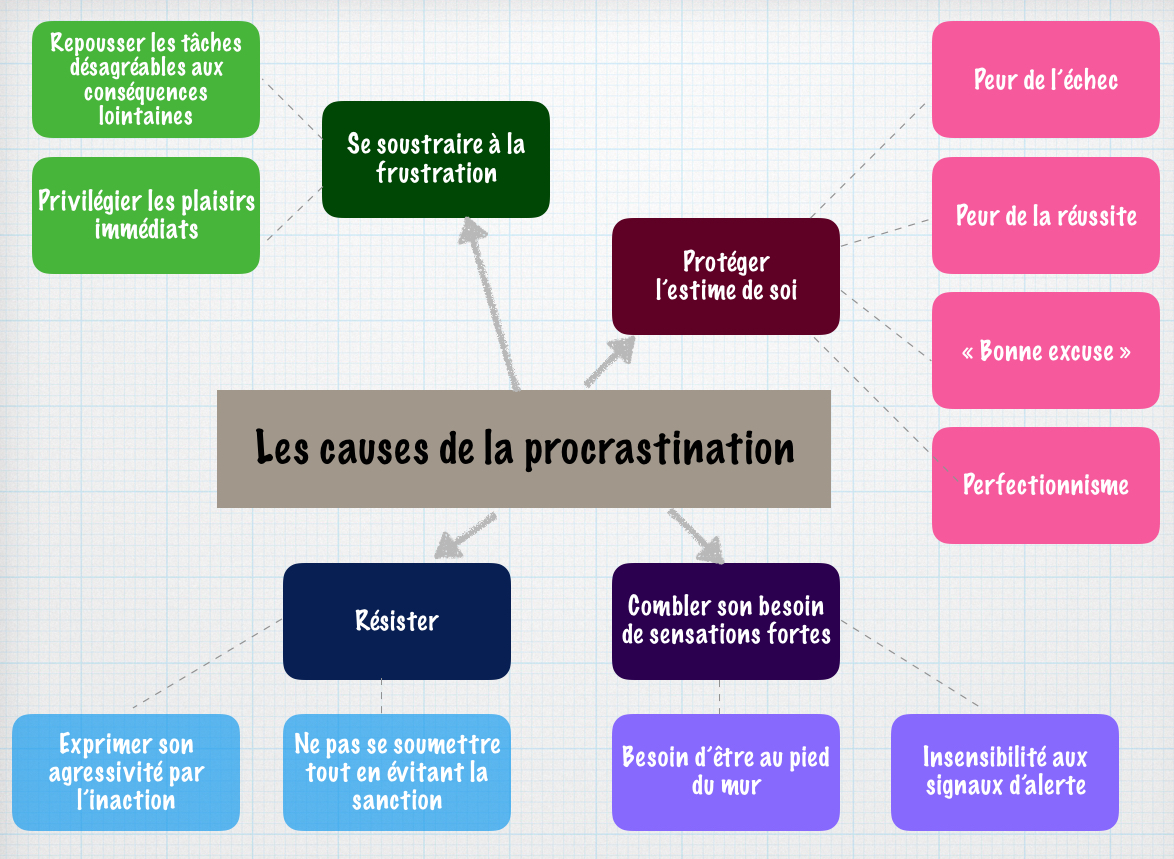Exploring Procrastination, Emotional Dependency, and Impostor Syndrome
Exploring Procrastination, Emotional Dependency, and Impostor Syndrome
Blog Article
In today's fast-paced world, people often face internal obstacles that hinder their success. Among these, procrastination, emotional dependency, and impostor syndrome stand out as common issues. What can you do to break free from these patterns?
This article, we will dive into the causes and solutions these three challenges. By understanding their impact and learning to manage them effectively, you can build a healthier mindset and achieve your goals.
What is Procrastination?
Procrastination is the act of delaying tasks despite knowing their importance. This behavior is frequently linked to emotional or psychological factors, such as anxiety or self-doubt.

The effects of procrastination, it can lead to stress, missed opportunities, and reduced productivity. Overcoming procrastination requires developing better habits and breaking tasks into smaller steps. significado da palavra procrastinando Consider techniques like the Pomodoro Technique or focusing on time-bound goals to stay on track.
The Nature of Emotional Dependency
Emotional dependency occurs when an individual relies heavily on others for validation, support, or happiness. While human connection is essential, emotional dependency turns detrimental when it leads to a lack of independence.

Common signs of emotional dependency include a fear of rejection, difficulty making decisions independently, and an overwhelming need for reassurance. To overcome emotional dependency, it’s crucial to build self-confidence and learn to validate yourself internally. Engaging in personal development activities and professional guidance can provide significant support.
What is Impostor Syndrome?
Impostor syndrome is the persistent belief where individuals doubt their accomplishments despite evident success. People with impostor syndrome tend to undermine their abilities rather than recognizing their talent and hard work.

Impostor syndrome often results in anxiety, self-doubt, and a fear of being “exposed”. To overcome impostor syndrome involves challenging self-critical beliefs and celebrating accomplishments. Engaging in supportive discussions and embracing self-compassion can also help you build confidence.
Steps to Overcome Procrastination, Emotional Dependency, and Impostor Syndrome
Here are some practical steps:
- Create a routine to combat procrastination and break larger tasks into smaller milestones.
- Build self-awareness to identify patterns of emotional dependency and foster personal resilience.
- Practice gratitude to counter impostor syndrome and seek professional guidance if needed.
Long-term improvement requires persistence, so keep practicing these methods to achieve lasting transformation.
Moving Forward from Mental Barriers
Procrastination, emotional dependency, and impostor syndrome may seem daunting, but you can overcome them by taking deliberate action. By understanding their roots and applying effective techniques, you pave the way for a healthier, more fulfilling life.
Start today by recognizing these patterns in your life and adopting simple, actionable strategies. Remember: progress is a journey, not a destination.
Report this page